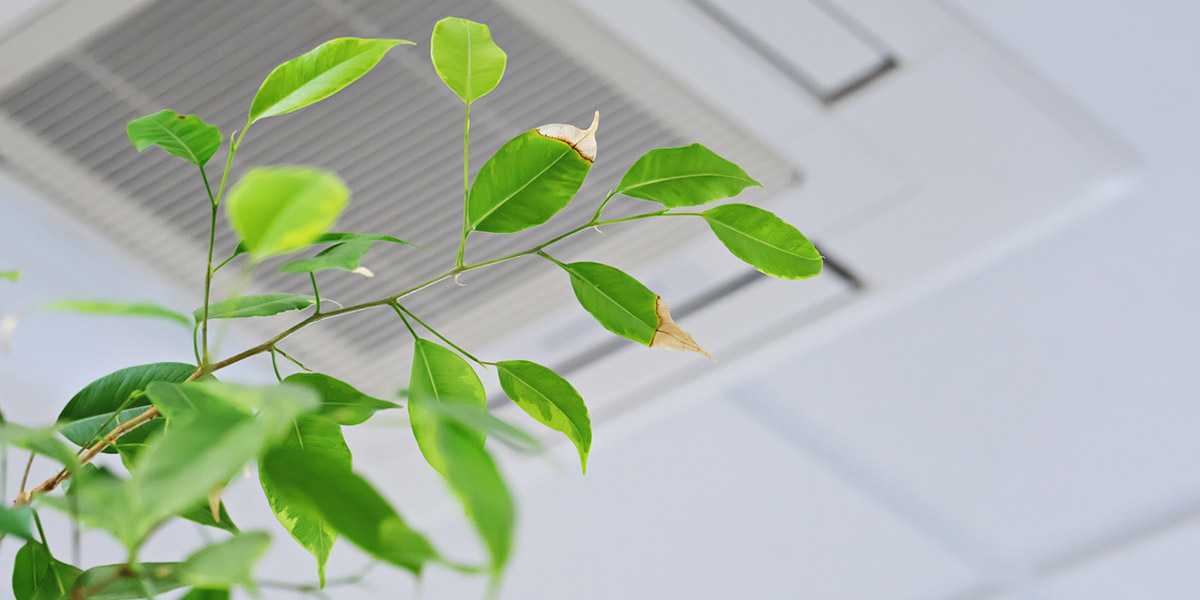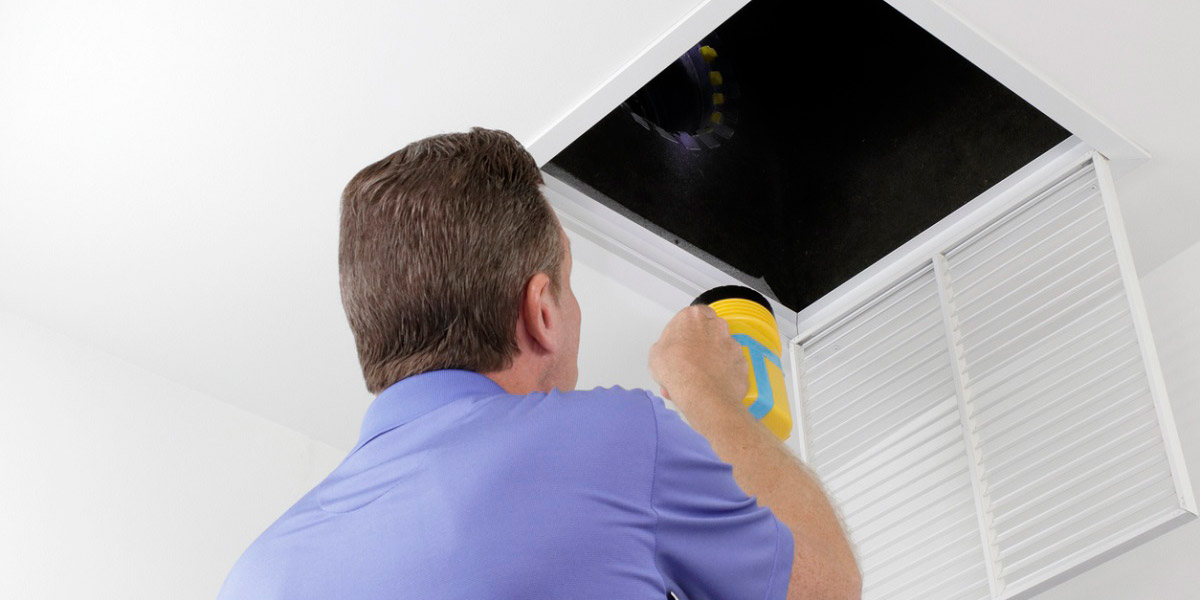 Summer in Gilbert, Chandler or any city of the greater Phoenix metro area is undeniably hot – bringing on indoor air quality issues for homeowners. And these issues are made more complex as summer monsoons begin in June. Now is an ideal time to fine-tune your indoor air quality as we enter the hot weather months.
Summer in Gilbert, Chandler or any city of the greater Phoenix metro area is undeniably hot – bringing on indoor air quality issues for homeowners. And these issues are made more complex as summer monsoons begin in June. Now is an ideal time to fine-tune your indoor air quality as we enter the hot weather months.
More Time Indoors
As we spend increased time indoors, there should be a greater focus on indoor air quality. Many homes have high levels of contaminants in the air, like pollen, pet hair, dander, dust mites, spores and dust which can cause a host of allergic symptoms, including eye irritation, congestion, wheezing, coughing and sinus problems. For individuals with asthma or other pulmonary conditions, the problems caused by poor indoor air quality can actually be dangerous.
Summer Allergies
While spring is notoriously tough for allergy sufferers in Gilbert and surrounding areas, allergen levels often remain high throughout the summer months. These contaminants can make their way inside through open windows and doors and can settle in carpet and within you HVAC system’s ductwork.
Increased Air Conditioner Usage
All of us are cranking our air conditioners this time of year – and for good reason. Triple digit heat outside produces uncomfortably hot temperatures inside. Fortunately, our trusty air conditioners keep our indoor spaces cool and comfortable. Yet, all the air conditioner usage causes the recirculation of air which can spread contaminants.
Monsoon Humidity
Once summer monsoons begin, humidity levels increase both outside and inside your home. This can breed microbes within your HVAC system that can amplify allergies and breathing problems.
Get Your Home Tested
Determining your home’s indoor air quality isn’t as simple as taking a deep breath. At Bruce’s, we recommend scheduling an indoor air quality test. With easy-to-understand results in hand, we’ll help you determine the right products to address specific areas for concern in your indoor air. We offer a range of products which can help, including a whole house air cleaner that removes nearly 100 times the amount of airborne allergens indoors than a standard air filter does.
Schedule an appointment with a Bruce’s air quality testing expert today by calling 480-968-5652.







 Spring training is underway. When the crack of baseball bats echoes through the Cactus League stadiums, Phoenix residents know that’s the sound of the seasons changing. Winter has been unusually mild this year, and temperatures are already climbing. Spring is in the air. As the trees and flowers awaken and bloom, pollen, ragweed and other allergens will be floating about causing sneezing, wheezing, watery eyes and stuffy noses. Your air conditioner is crucial to removing these little devils from the air circulating inside your home. If you suffer from allergies, asthma or other pulmonary conditions, you’ll want to schedule a March tune-up for your air conditioner.
Spring training is underway. When the crack of baseball bats echoes through the Cactus League stadiums, Phoenix residents know that’s the sound of the seasons changing. Winter has been unusually mild this year, and temperatures are already climbing. Spring is in the air. As the trees and flowers awaken and bloom, pollen, ragweed and other allergens will be floating about causing sneezing, wheezing, watery eyes and stuffy noses. Your air conditioner is crucial to removing these little devils from the air circulating inside your home. If you suffer from allergies, asthma or other pulmonary conditions, you’ll want to schedule a March tune-up for your air conditioner. Sun block – locked and loaded. Pool gear and new swimming suits – check. When it comes to the rhythms of the seasons in Arizona, children complete their school year just as the temperatures start to heat up. Being prepared for summer means ensuring a cool inside environment for your kids and for everyone else as the hottest part of the year approaches. Air conditioning is a necessity in Arizona, and if you have only one service call per year (we normally advise two, one in spring and a second in fall), be sure to have your air conditioner checked while the temperatures are still below 100 degrees.
Sun block – locked and loaded. Pool gear and new swimming suits – check. When it comes to the rhythms of the seasons in Arizona, children complete their school year just as the temperatures start to heat up. Being prepared for summer means ensuring a cool inside environment for your kids and for everyone else as the hottest part of the year approaches. Air conditioning is a necessity in Arizona, and if you have only one service call per year (we normally advise two, one in spring and a second in fall), be sure to have your air conditioner checked while the temperatures are still below 100 degrees. When it comes to H-V-AC – heating and air conditioning take top billing. In the Valley of the Sun, it’s all about lowering indoor temperatures, staying cool through the long, hot days of summer and keeping warm during the winter nights. “V” stands for ventilation, which is an essential yet underappreciated component in creating a comfortable and healthy environment in your home. If you’ve spent any length of time in the attic, a windowless tool shed or enclosed garage on a summer’s day, you know just how stifling and unpleasant an unventilated environment can be. Though unseen and largely unnoticed, proper ventilation improves indoor air quality, which is essential to your quality of life.
When it comes to H-V-AC – heating and air conditioning take top billing. In the Valley of the Sun, it’s all about lowering indoor temperatures, staying cool through the long, hot days of summer and keeping warm during the winter nights. “V” stands for ventilation, which is an essential yet underappreciated component in creating a comfortable and healthy environment in your home. If you’ve spent any length of time in the attic, a windowless tool shed or enclosed garage on a summer’s day, you know just how stifling and unpleasant an unventilated environment can be. Though unseen and largely unnoticed, proper ventilation improves indoor air quality, which is essential to your quality of life.




